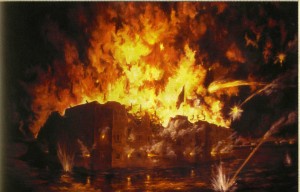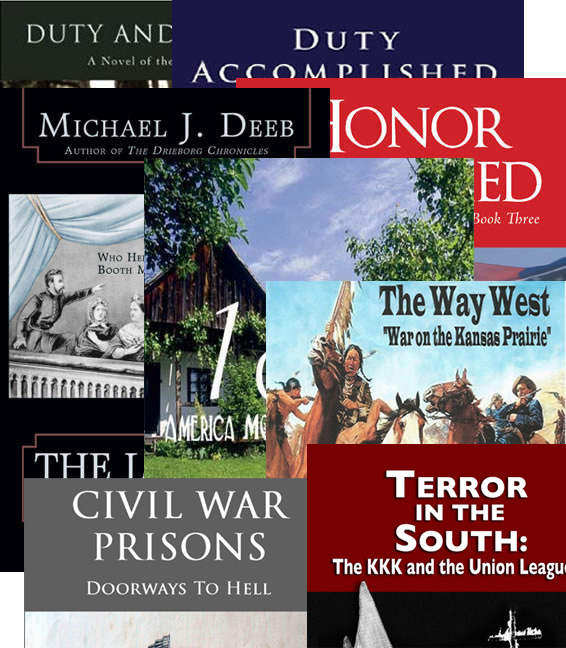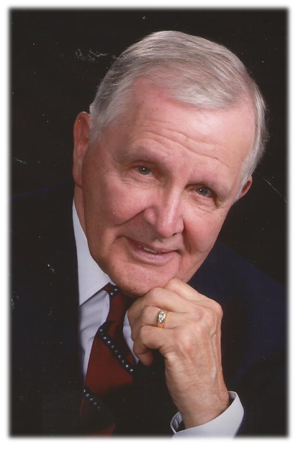The Civil War Begins
Lincoln’s inauguration signaled the crises of the two forts, Sumter in Charleston harbor, South Carolina and fort Pickins located in Pensacola, Florida. His predecessor, President Buchanan, had not turned these two forts over to the Confederate government. It was left to his successor to deal with that issue.
Lincoln’s military adviser was General Winfield Scott. When the general was asked his opinion, he recommended abandoning the forts. The majority of Lincoln’s cabinet had endorsed his recommendation as well. Lincoln refused to accept that option but he also refused to speak against it either.
Prior to Nov 11th and the passage of the CSA’s low tariff, northern public opinion, at least in the Northeast, wanted peace. Peace was good for business. But as a tariff war loomed, opinions changed. From the beginning, leaders in the mid-west wanted Lincoln to regain control of the Mississippi river and it tributaries. Industrialists, bankers and merchants in the northeast changed their minds, too. “Collect the Northern tariff at all ports or we will not pay it.” New York merchants threatened. Thus, the issue of keeping the two forts took on new importance.
While northern public opinion was evolving, commissioners sent by the Confederate States of America government traveled to Washington City in an attempt to settle the issue. They were even authorized to pay the Union government for the two forts. Lincoln refused to meet with them because he did not want it said that he recognized their government as legitimate. Secretary of State Seward, however did not hesitate. He met with the CSA commissioners to discuss the issue.
While he was not authorized by Lincoln to do so, Seward assured the Confederate Commissioners that Fort Sumter would be turned over to the government of South Carolina. It appeared that early in the Lincoln administration, Seward believed he was responsible for crafting policies for Lincoln.
President Jefferson Davis was becoming impatient with those talks. He pressured his Commissioners to push for a resolution of the issue to little avail. Finally, he announced to his cabinet that either Union troops were withdrawn from Sumter or the fort would be taken by force.
His Secretary of State, Robert Toombs objected. He argued, that taking Fort Sumter by force would begin a war they could not win. “We have many friends in the North. Attacking Fort Sumter will unite all in the North against us.”
Never-the-less, the President of the Confederate States of America ordered General Bureaugard in Charleston to take the fort by force it it was not abandoned by its commander, Major Anderson. The demand was refused, so the cannons roared in Charleston’s harbor.
Thus, the leaders of the Confederate States of America began a war  with the Union. The conflict would last four years and cost over 700,000 deaths to military personnel alone. And, as General Winfield Scott warned President Lincoln generations would pass before the bad feelings would subside between people of the North and South. Some people would say bad feeling still exist.
with the Union. The conflict would last four years and cost over 700,000 deaths to military personnel alone. And, as General Winfield Scott warned President Lincoln generations would pass before the bad feelings would subside between people of the North and South. Some people would say bad feeling still exist.


 A Great Read! I couldn’t put this book down once I got started. The detail was great and I really like the main character, Michael. Knowing that so much research went into this book made it exciting to read!
A Great Read! I couldn’t put this book down once I got started. The detail was great and I really like the main character, Michael. Knowing that so much research went into this book made it exciting to read!